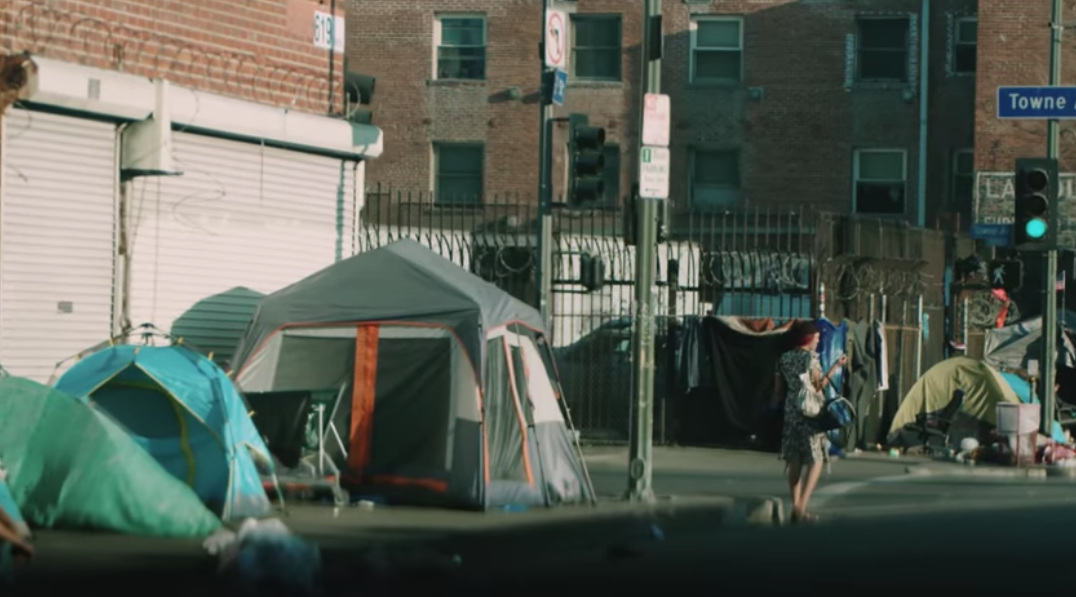Comments
Everyone in L.A. knows homelessness is one of the biggest challenges facing our region and last year voters delivered a clear mandate: Help people come off the streets and into homes. An overwhelming majority supported ballot measures to raise nearly $5 billion to tackle the issue. The funds will build housing and provide services to the more than 50,000 people in L.A. who have nowhere to sleep at night.
Despite making a hefty financial commitment, voters are concerned that the crisis will continue to worsen from neglect. To address that concern and ensure that politicians honor their commitments to end homelessness, United Way of Greater L.A. has launched the Everyone In campaign.
There are now 58,000 people living on the streets of Los Angeles, or in emergency shelters. But supportive housing is giving hope to some, like Emily, Keri, and Linda, who are now able to rebuild their lives.
The campaign’s goal is to support long-term solutions to homelessness, not cosmetic “fixes” (like street cleanups that simply move people from one block to another). And the best solution to chronic homelessness is supportive housing, which combines a stable and affordable living environment with mental and physical health services, job training and addiction treatment on site. Because supportive housing helps people deal with the issues that contributed to or were exacerbated by their homelessness, it has a 90 percent success rate.
Evidence supports the strategy, as numerous studies have demonstrated the following results consistently:
- Effective - Supportive housing has a 90 percent success rate of reversing chronic homelessness, meaning that the nearly all individuals who enter supportive housing stay housed for at least a year. People who enter supportive housing also see increased stability when it comes to employment, mental and physical health, school attendance and reduced substance use.
- Efficient - The cost of helping people afford supportive housing is far lower than keeping them on the streets. Homeless individuals without access to stable shelter and consistent services are far more likely to rely on emergency shelters and emergency health care, often getting stuck in a revolving door that drains civic resources and doesn’t allow people to exit.
- For everyone - Supportive housing doesn’t just help the formerly homeless individuals who live there, it helps the entire surrounding community. Studies have shown that bringing supportive housing into a neighborhood (versus shuffling people from one street to another) improves the overall safety of the neighborhood and can increase property values.
In spite of all the benefits outlined above, supportive housing still faces some vocal opposition. NIMBY homeowners believe that their property values will drop if supportive housing gets constructed nearby, and other Angelenos fear that supportive housing will attract more homeless people to their neighborhoods—never mind that 70 percent continue to live in whichever neighborhood they lived in before losing their homes. Though these opposition voices represent a vanishingly small amount of Angelenos, they still exert power because they speak up so consistently and passionately. The Everyone In campaign plans to overcome resistance to supportive housing by educating the community—and by galvanizing supporters, who outnumber those who stand in the way of progress.
And on top of advocating for supportive housing, the campaign aims to hold politicians accountable by tracking their progress and giving Angelenos the tools to push for real solutions. For example, the Everyone In website features a Supportive Housing Tracker that shows how many units of supportive housing local leaders have promised and allows people to contact and pressure their representatives.
It is often said that homelessness is a challenge that has been created by human beings and can therefore be solved by human beings. That’s the power of democracy. If enough people push for supportive housing, then politicians will take action. Only then will the streets of Los Angeles start to look hopeful instead of heartbreaking. So, are you in?
(This advertorial was sponsored by Swell Creative Group on behalf of EveryoneinLA.org powered by United Way.)
















